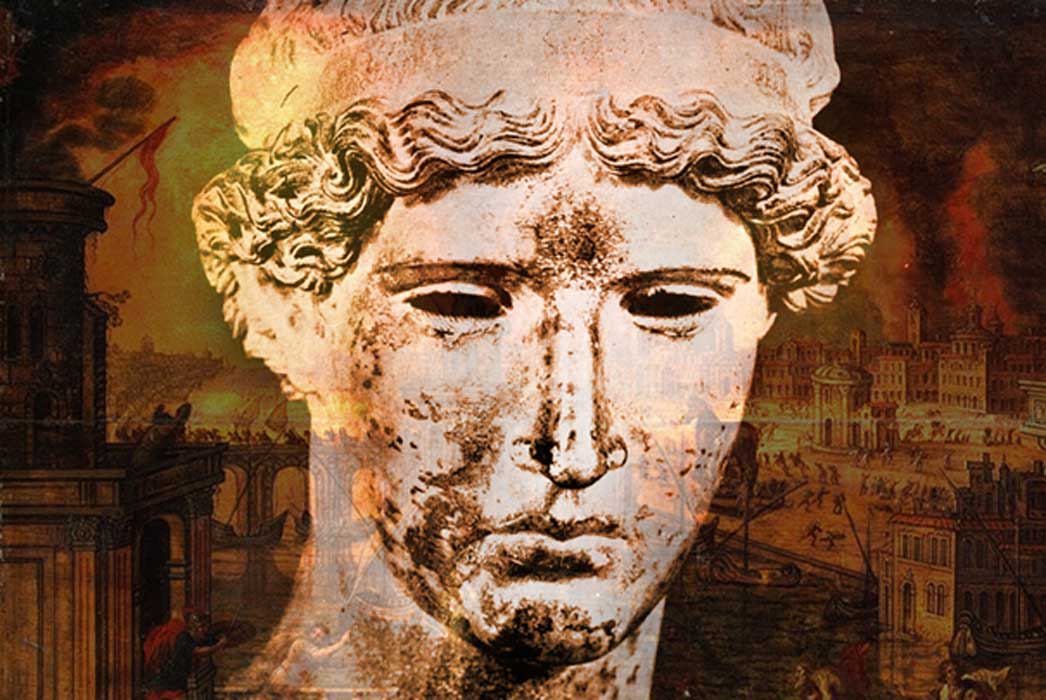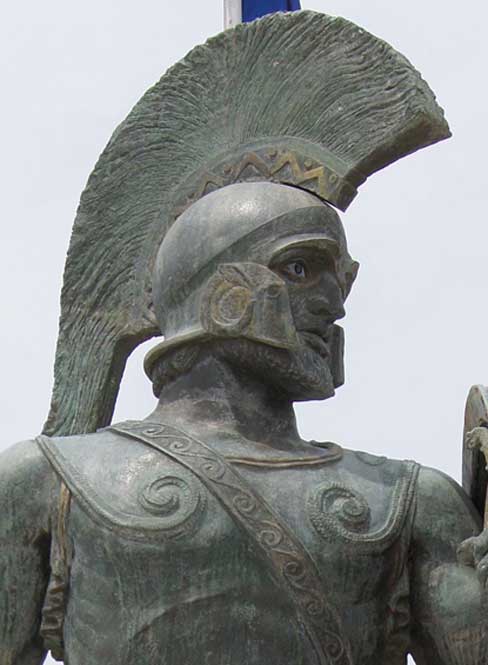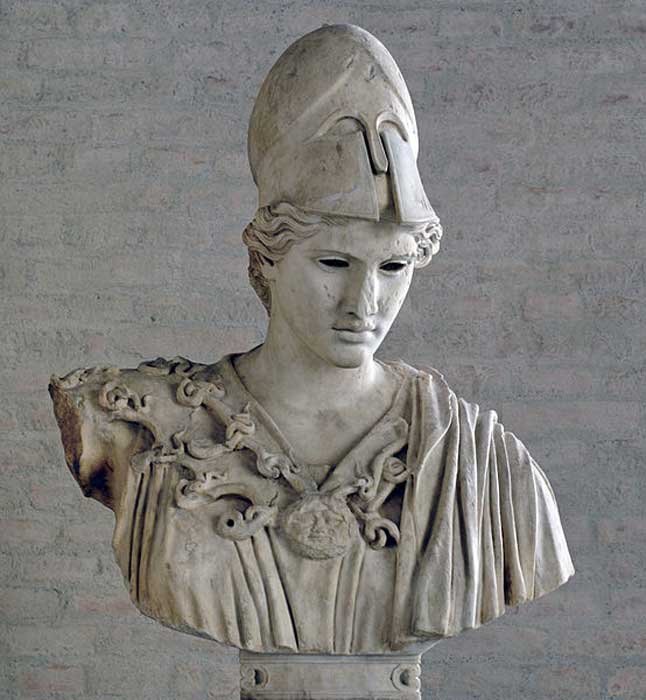
Battle of the War Gods: Ares versus Athena! Understanding Ancient Greek War Deities
The ancient Greeks had two different gods of war — the wise goddess Athena and the bloodthirsty god Ares. The mere fact that, out of twelve Olympian gods, two deities were devoted to armed conflict indicates the important role warfare played in the social order and the fabric of daily life in ancient Greece. Between 800 BCE and 500 CE, the ancient Greek civilization developed a body of philosophical concepts and ideas which greatly influenced military leaders throughout history. Many of the current philosophies and theories of modern warfare known to us today owe their foundations to ancient Greek thought.
Family Feud Leads to War
However, despite Ares’ and Athena’s dominion over the same subject, the gods were far from a brother-sister team. In fact, in all of Greek mythology, no siblings seem to hold a worse grudge against one another than the two war deities. Ancient Greek society, in turn, did not hesitate to pit them against one another in their beliefs, their stories and their worship. What is considered by many to be a simple mythological sibling rivalry is actually a more complicated web of differences which culminated into the religious and military rivalry between the Greek cities of Sparta and Athens which resulted in the Peloponnesian War in 431 BCE.

Leonidas I of Sparta. (CC BY-SA 3.0)
The Brain and the Brawn, the Strategist and the Soldier
It is helpful to start with what we already know from ancient and modern references; whereas Ares embodied strife and slaughter, Athena was the goddess of strategy and forethought. This was fitting as Athena, like most of the goddesses, seemed to occupy a large part of her time with making plans and developing strategies to later having male gods or mortals execute them. On the other hand, it was believed Ares engaged directly in combat. As a result of Ares’ and Athena’s different habits and viewpoints, honors were given to them by different parts of society.

Bust of Athena, second century CE (Public Domain)
Athena was usually regarded as the goddess of military leadership, protection and strategy, whereas Ares was the deity that regular warriors prayed to for inspiration and bravery by soldiers.
- Blood, Lust, and Protection: An Alternate View of Ares, God of the Greek Pantheon
- More than a Goddess of Love: The Many Other Aspects of Aphrodite
- Twins, Kings and Horses: Symbols of the Divine Twins in Ancient Mythology
- Bizarre Rituals of Blood and Death That Are Rooted in the Ancient World
References to Athena identified her as a protectress and a warrior of defense, as her most famous weapon was her shield. She was the warrior who was able to engage in civilized combat by using her fighting prowess for just causes. She is also the embodiment of resourcefulness, credited with the invention of a number of essential articles of battle, such as the bridle, which allows control of horses, thus greatly enhancing efficiency of movements in battles. In the Illiad, it was on Athena’s advice that Odysseus implemented the use of the Trojan Horse.
On the other hand, Ares was cruel, bloodthirsty and aggressive. He waged offensive wars for nothing more than the sheer love of combat. His murderous reputation resulted in little respect, that which originates from fear rather than love or admiration.




